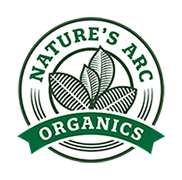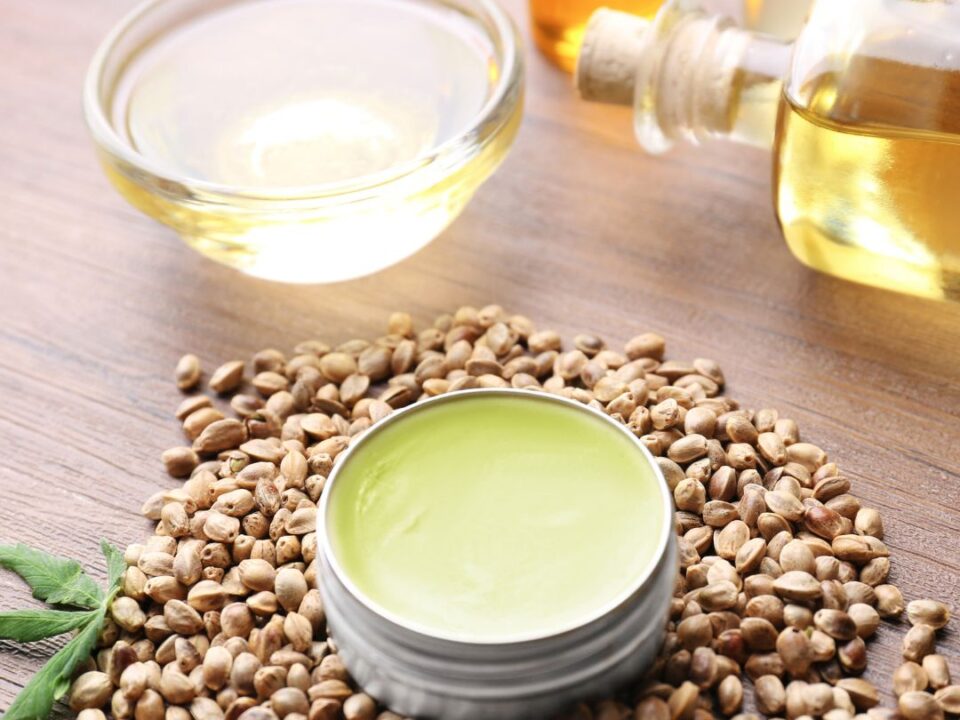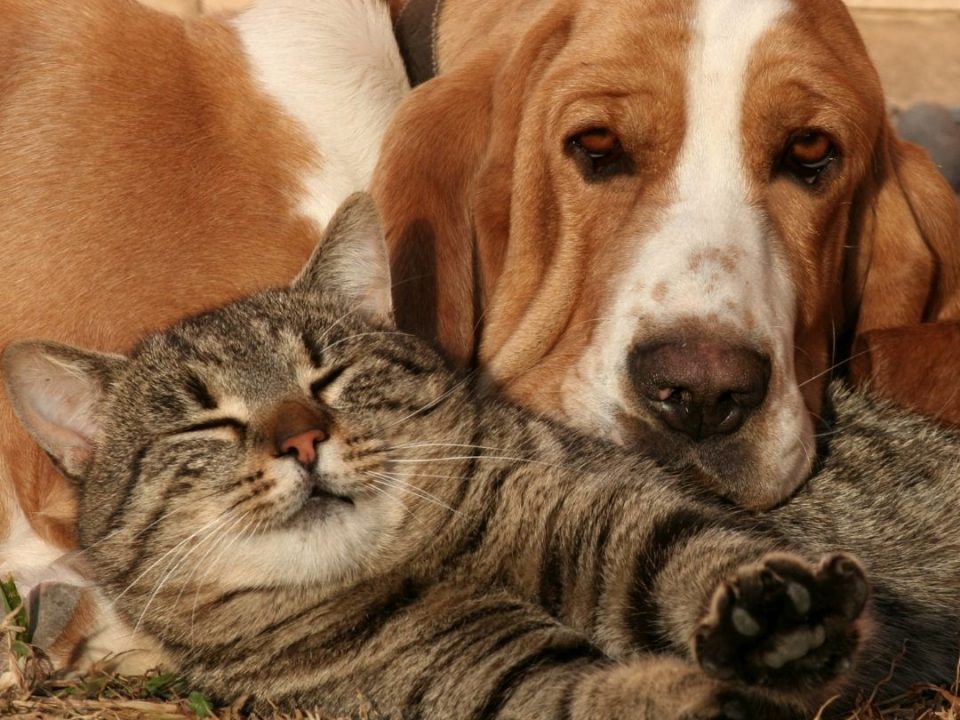
Do you want to learn more about exercise and CBD? Getting the right amount and the right kind of exercise provides numerous benefits for physical fitness and overall health. Alongside a smart diet, exercise can improve cardiovascular health and improve mood.
Can CBD and a workout routine provide the right combination?
The simple answer is yes.
CBD’s various formulas and delivery methods can help you maximize your workouts. And some topical CBD products contain active pain-relief compounds for sore muscles and joints.
A growing number of fitness enthusiasts turn to CBD topical lotions and gels, tinctures, edibles, and capsules for faster recovery from strenuous activities, better sleep, and many other reported benefits.
It may seem strange to mix a cannabis derivative like CBD and exercise, so let’s look a little closer at what CBD is, what it isn’t, and how it might enhance your training experience.
CBD is Different than Marijuana
One of the reasons some people have difficulty imagining the connection between CBD and working out is the substance’s origins. Yes, CBD derives from the cannabis genus of plants.
No, federally legal CBD products will not get you high or otherwise cause impairment. That’s due to U.S. federal laws regarding hemp, a non-intoxicating strain of cannabis. Under legal the 2018 Farm Bill Act definitions, hemp contains high CBD content, but trace levels of THC – the substance makes marijuana users feel high.
High CBD hemp is a federally legal crop in the United States, which is why there are so many CBD tinctures for sale across the Internet and in stores. On the other hand, high THC marijuana is still illegal on the federal level, but is legal in some states, either medically or recreationally.
The Endocannabinoid System
CBD and THC are just two of the many substances found in cannabis plants that interact with the body’s endocannabinoid system (ECS). In essence, the ECS is a cell signaling network throughout the body. At its core, the ECS helps the body maintain physiological balance.
The cellular receptors that make up the ECS react to substances called cannabinoids, which synthesize in the body as endocannabinoids, in plants as phytocannabinoids, or a lab synthetic cannabinoids. Each cannabinoid has a different molecular structure, causing different results when they interact with ECS receptors.
For instance, one cannabinoid may fit well with a receptor and cause a direct effect. Another cannabinoid molecule might not fit (think about trying to fit a square peg into a round hole), but it may effectively block other substances from interacting with the receptor.
CBD is Not Considered a Performance Enhancing Drug
Various international anti-doping agencies and some of sports’ top governing bodies have weighed in on the subject during the past few years. While CBD oil and working out may have combined benefits, CBD is not considered a performance-enhancing drug or PED the same way as stimulants or anabolic steroids.
Anabolic steroids, primarily synthetic testosterone, directly affect muscle repair and growth, which gives athletes an unfair advantage. Similarly, stimulants can artificially improve endurance and sharpen focus.
Early evidence seems to suggest that CBD can support the body’s ability to recover after strenuous work or exercise. This is particularly valuable for anyone who makes fitness a priority. But it’s important to understand that early investigations into how CBD works with the body may not tell the whole tale due to small sample sizes, dosage variations, and other issues. In other words, researchers have a lot more work to do to determine the full benefits of CBD and exercise.
But even with confirmation of those results after a robust study, CBD still wouldn’t affect performance in the same way as steroids or stimulants. In fact, CBD may have the opposite effect of stimulants, so large servings of CBD before or during exercise may not work well together.
CBD and Workout
Is CBD oil good for fitness?
It’s best to think of CBD oil, particularly CBD tinctures and capsules, as a wellness and recovery supplement. Many athletes and fitness enthusiasts report that CBD provides support for tense muscles, relaxation at bedtime, and other benefits. But there’s still a great deal of research needed to understand how CBD and exercise can enhance health and fitness. There are also a lot of variables – like serving size, time of day, body mass, metabolism, diet, and possible interactions with other supplements and drugs – that can affect how CBD works with the body.
Most experts suggest that people who are new to CBD and working out should start with small serving sizes and slowly increase servings until reaching their desired effects.
Why do athletes use CBD?
Relaxation at bedtime, and faster training recovery top the list for most athletes. Many also prefer to supplement their workouts with plant-based products rather than synthetic options.
When most people think about CBD, they often think of oils intended for oral use. But there is a wide range of products that are particularly suited for CBD and working out. To find the perfect product for your CBD and exercise routine, you may want to consider a specialized product.
If recovery tops your list of needs for the combination CBD and working out, a CBD oil with melatonin for sleep is a great option.
What does CBD do for your muscles?
CBD may assist in muscle recovery, which in turn may help build muscle. However, this effect needs more investigation.
But one thing is certain. It’s tough to complete your full workout if you’re in pain.
When you’re lifting weights, you’re going to strain muscles and joints. Pain is unavoidable, but you don’t have to let it interfere with your training. This is why you should choose CBD to relieve the soreness from your muscles.
Should I take CBD before or after working out?
Generally speaking, CBD products work best as part of your post-workout and sleep routine. But some products, like topicals, work well at any point in your workout routine. And many athletes take a small, supplemental serving CBD in the form of CBD capsules, CBD oil tinctures, or CBD gummies as part of their morning routine.
Are athletes permitted to use cannabinoids like CBD?
Today, many governing sports bodies and policymakers permit the use of CBD for training purposes. But only a few years ago, that wasn’t the case.
The World Anti-Doping Agency (WADA), which sets drug policy for the Olympics and other major international sporting events, made the first big move towards cannabis acceptance for athletes when it removed CBD from its list of banned substances for the 2018 season. Since then, some others have followed WADA’s lead.
However, THC and other cannabinoids remain banned by WADA and some other sports authorities. Therefore, athletes must only choose cannabis extract products that are THC-free.
How to Use CBD in Your Workout
If you want to make CBD and exercise part of your daily fitness routine, here are a few options.
Morning: If you prefer to work out first thing in the morning, you can begin the day with a light breakfast. You don’t want to start strenuous cardio or strength training exercises on either a full or empty stomach.
Afternoon: If you’ve already completed your morning workout and muscle discomfort becomes a distraction to your work, a CBD topical can help.
If you hit the gym during lunch, you may want to eat a homemade CBD protein bar before or after your workout. You can also add a serving of CBD to your shake or smoothie. Either option is a great way to get a daily serving of CBD.
Evening: If you’ve already completed your workout, great! Relax for a while. Enjoy your dinner.
If you usually exercise after your workday, you can easily add CBD bath bombs to your evening routine.
If you’re ready to try the combination of CBD and exercise, our Ultimate Guide to CBD is a great place to start.
“These statements have not been evaluated by the Food and Drug Administration. This product is not intended to diagnose, treat, cure, or prevent any disease.”




